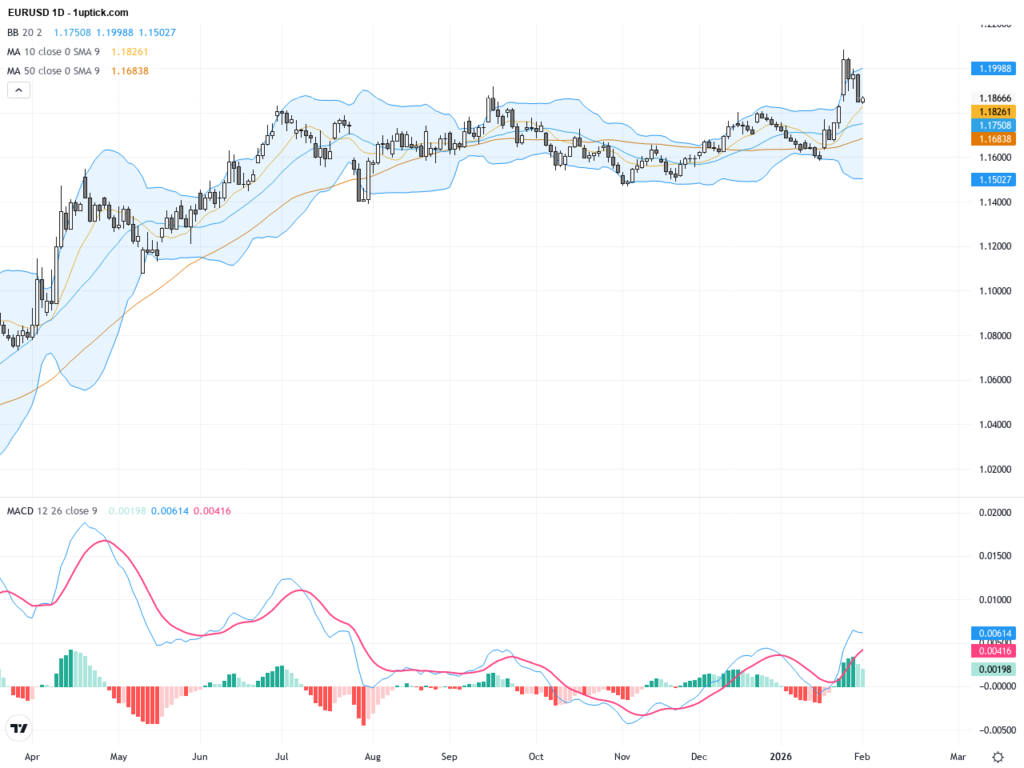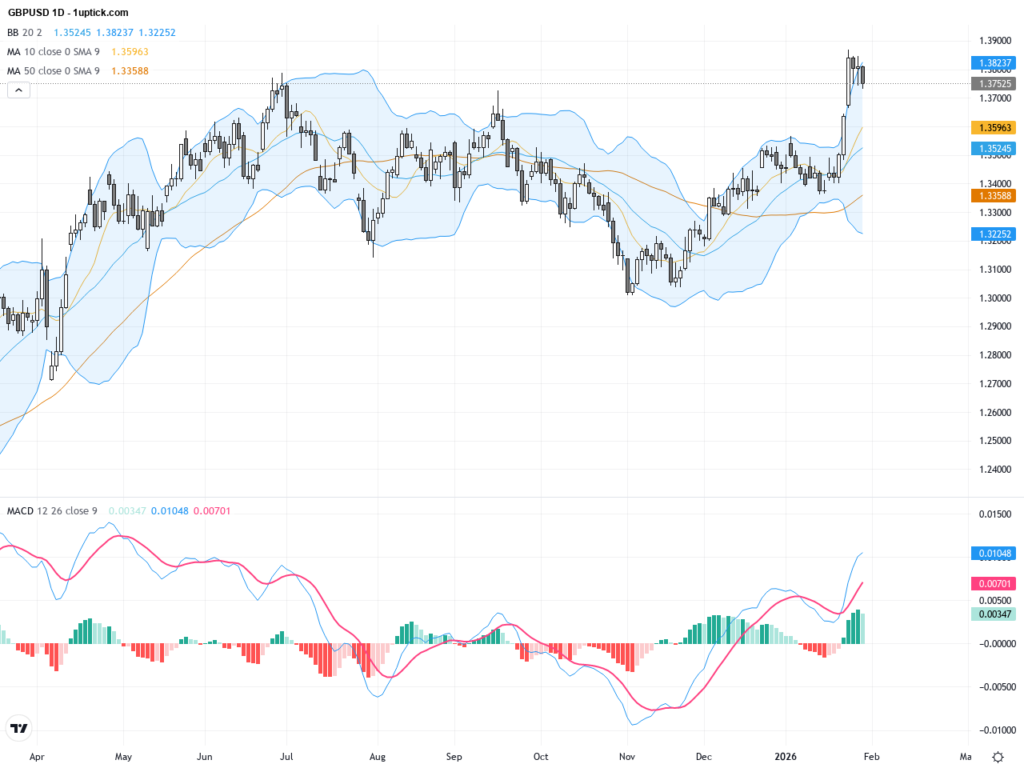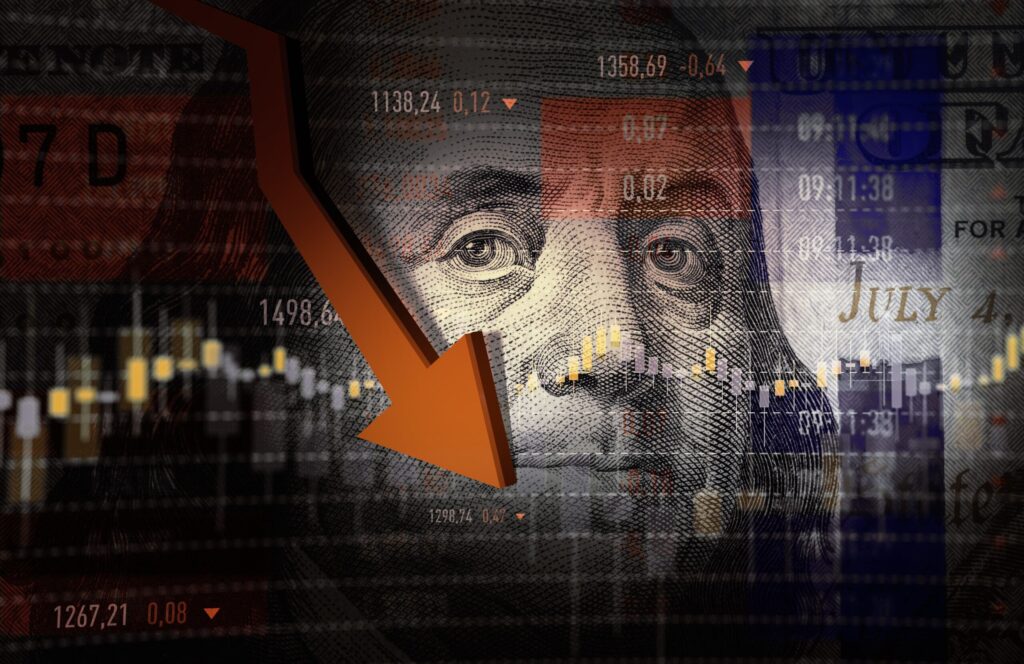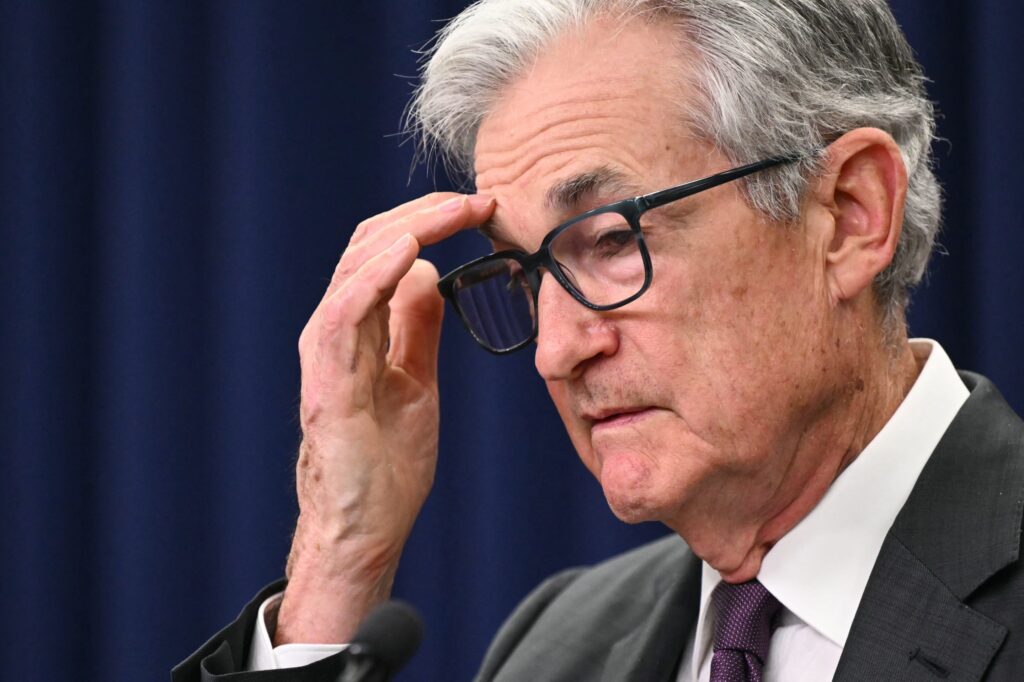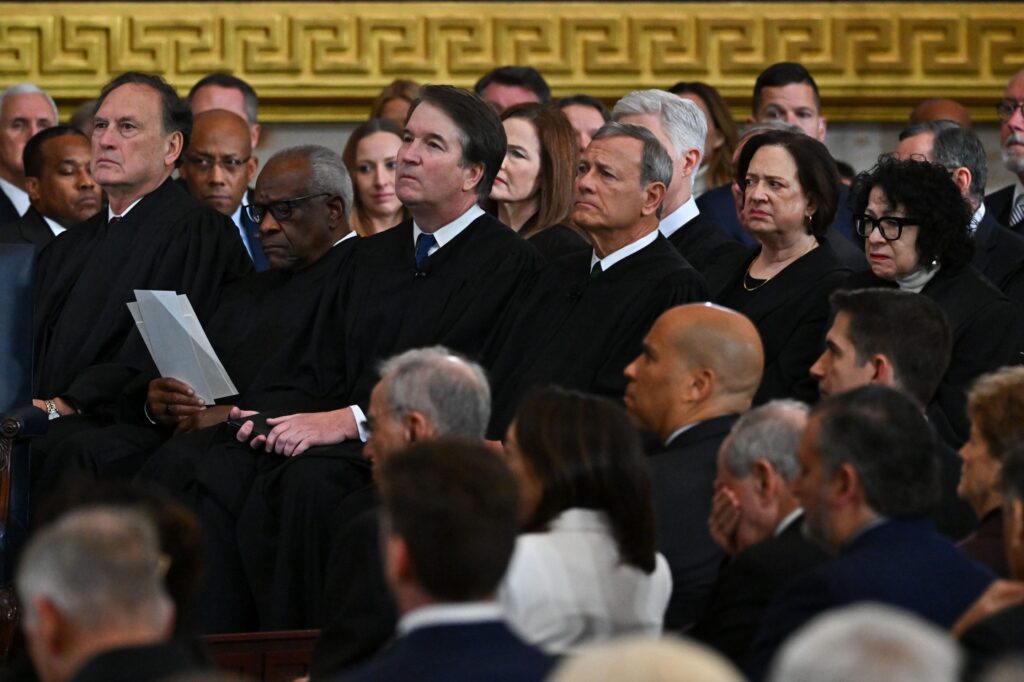 |
| Gold V.1.3.1 signal Telegram Channel (English) |
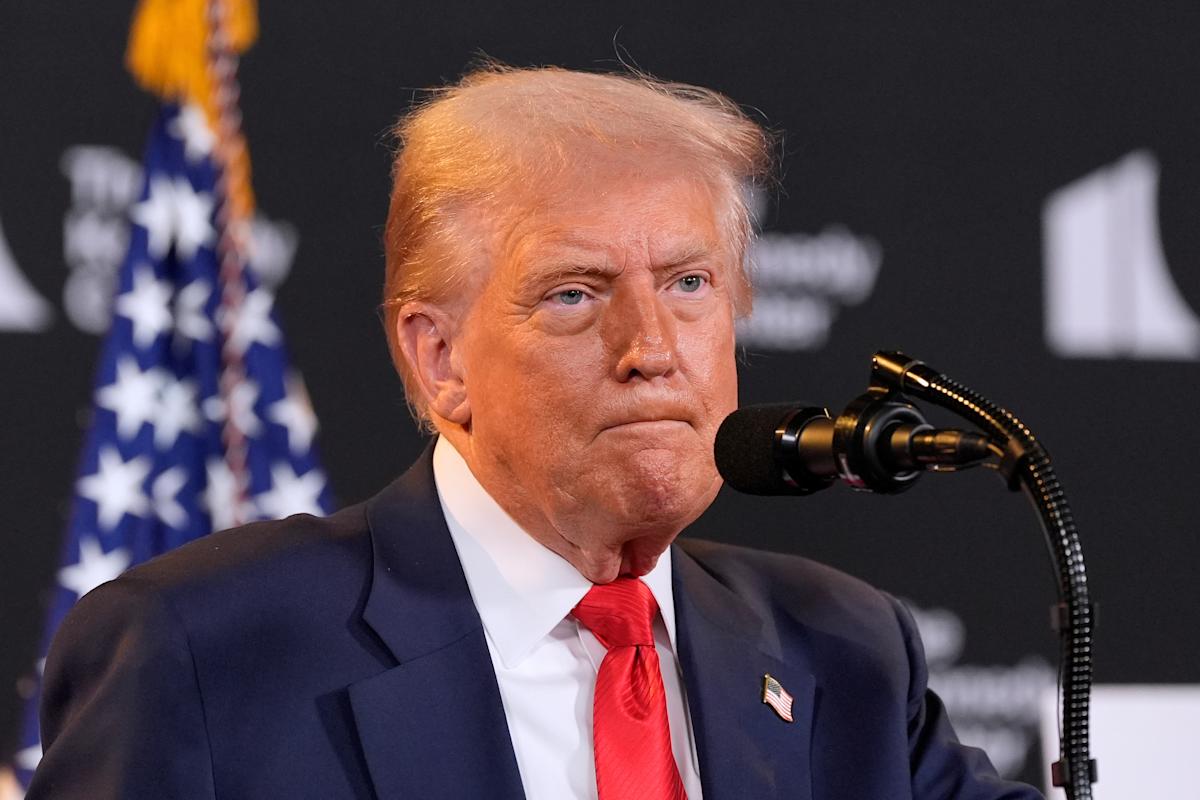
Why Trump Is Targeting Economists: Understanding the Political War on Economic Expertise and Its Impact on Markets
2025-08-15 @ 02:00
Why Trump Is Waging War on Economists: A Deep Dive into Politics and Expertise
Over the past several years, American political discourse has seen a dramatic shift in how economic expertise is valued—especially among top leaders. No figure embodies this new skepticism towards economists more than Donald Trump. As the former—and possibly future—president, Trump’s combative relationship with the economics profession says as much about today’s political environment as it does about disagreements over fiscal policy. Why has Trump made targeting economists a key part of his political strategy, and what does this mean for financial markets and the broader U.S. economy? Let’s examine what’s at stake.
The Roots of the Rift
Traditionally, presidents—regardless of party—have balanced policy considerations with advice from professional economists. This ensured a measure of technocratic guidance even when political agendas diverged. Trump, however, never shied away from openly disregarding, even demonizing, economists. During his presidency, he routinely ignored consensus views on issues like trade, tariffs, tax cuts, and the national debt.
This tension is more than just a personality clash. It’s rooted in how economic expertise is perceived by populist movements. Trump has frequently portrayed economists as out-of-touch elites disconnected from “real” Americans. This message resonated with his base, who often felt left behind by globalization and technological change. By undermining the credibility of economists, Trump not only differentiates himself from the political establishment but taps into a vein of skepticism toward traditional sources of authority.
Tariffs, Trade Wars, and the Challenge to Orthodoxy
One of the most glaring battlegrounds between Trump and mainstream economic consensus has been trade policy. For decades, economists have overwhelmingly argued for the benefits of free trade. Trump, however, upended that orthodoxy by imposing sweeping tariffs on trading partners, especially China. He argued that these tariffs would revitalize industrial jobs, address trade deficits, and boost American manufacturing.
The economics profession broadly disagreed. Most experts warned that tariffs would raise costs for consumers, disrupt global supply chains, and potentially result in retaliation that harms U.S. exporters. Trump countered these objections by framing economists as doctrinaire and unable to see the realities of everyday economic pain. He effectively made “against the economists” part of his political identity.
Challenging the Data, Not Just the Analysis
Another cornerstone of Trump’s approach has been to question not only economists’ recommendations but also the validity of official data. Whether the subject is unemployment figures or GDP growth, Trump often dismissed negative data as manipulated or misleading. This strategy further eroded trust in traditional sources of economic analysis and made policy debate less about facts and more about loyalty to political narratives.
This environment complicates efforts to develop sound policy. When basic figures become disputed territory, consensus on what needs fixing is nearly impossible. This undermines not only economists but also institutions like the Federal Reserve, which rely on data-driven policymaking.
Why This Strategy Works—For Now
Trump’s open conflict with economists has not harmed his standing with many voters. In fact, by positioning himself as a champion of “common sense” against the “eggheads,” Trump has been able to transform skepticism of expertise into political capital. This anti-expert posture fits into a broader rhetorical playbook that values gut instinct, anecdotal evidence, and pithy slogans over analytical rigor.
This shift is not unique to the U.S. Globally, populist figures often deploy similar tactics, casting technocrats as obstacles to the will of the people. In this context, attacking economists is both a symptom and a cause of broader distrust in institutions, from government agencies to academic experts.
Consequences for Markets and Policymaking
For financial professionals and investors, the devaluation of economic expertise carries major risks. Policy unpredictability becomes the norm when expert guidance is sidelined. Markets are forced to price in greater uncertainty, especially on issues like trade and fiscal stability. In the longer term, ignoring economic consensus can pile up hidden costs that only surface over time.
Furthermore, the ongoing war on economists makes bipartisan policy solutions much more difficult to achieve. If expertise is seen as part of the opposition, then compromise is harder to broker and technocratic institutions become politicized.
What Happens Next?
Looking ahead, the clash between political messaging and economic analysis is likely to intensify, not recede. As long as populist narratives remain powerful, there will be incentives for politicians to challenge the authority of economists and other experts. For those in the financial world, this means staying agile and developing tools that can operate in an environment where expertise is often contested.
Ultimately, the war on economists is about more than personalities or individual policies. It’s an ongoing debate about whether facts and analysis will play a central role in shaping America’s future—or whether emotion and distrust will prevail. The outcome of this debate will have profound consequences for the economy, markets, and the credibility of American institutions.



